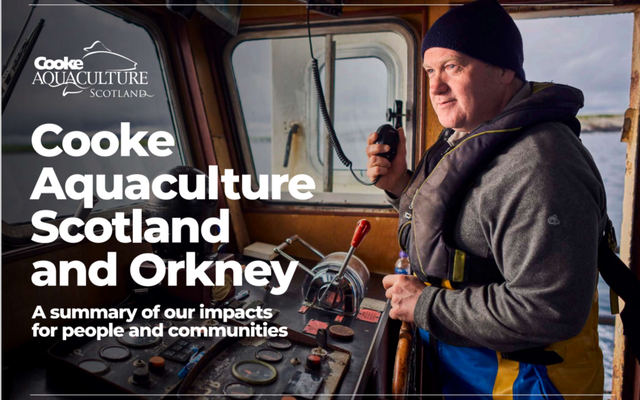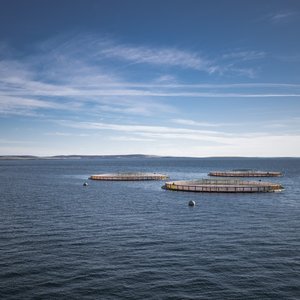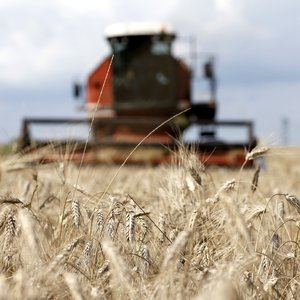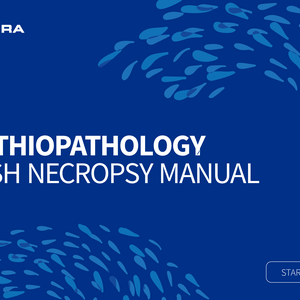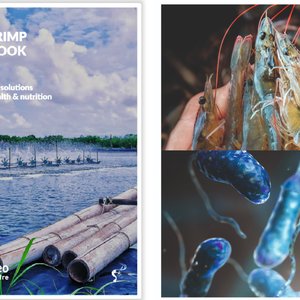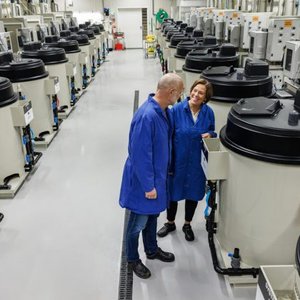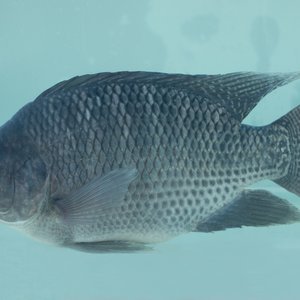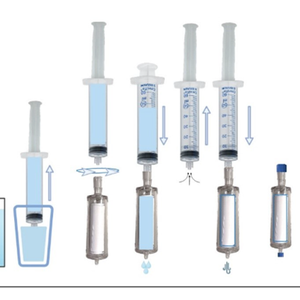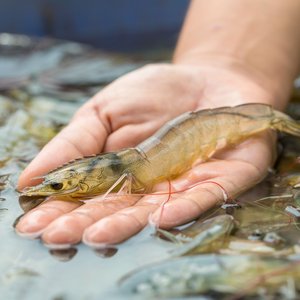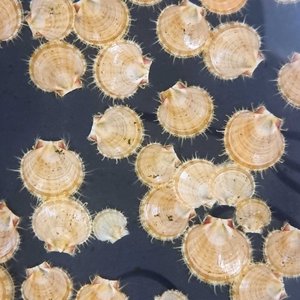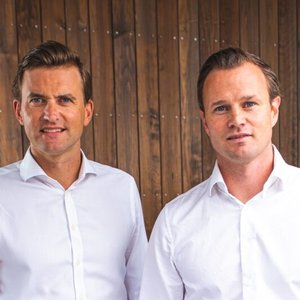As one of the largest employers in Orkney and Northern Isles, Scotland, Cooke Aquaculture Scotland has released an economic impact report, Cooke Aquaculture Scotland and Orkney: A summary of our impacts for people and communities, showing that the company’s salmon farming operations are having a positive social impact on their employees and the community viability of the remote islands.
The report notes that Cooke’s skilled, permanent jobs, are paying 24.8% more than the Orkney average and 8.6% above the average for Scotland. Moreover, all the company’s local investment is having real-life impacts in Orkney and Northern Isles, such as supported local businesses and jobs, maintaining local populations, sustaining the uptake of local schools, ferries, shops and cafes, and creating ongoing operational spending with local businesses.
“When we first came to Orkney in 2014, as a family-owned company we understood immediately that the jobs we provided mattered. They keep people and their families on the islands, attract new people to live here, and help businesses thrive and keep schools open,” said Joel Richardson, vice president of Public Relations for Cooke Aquaculture Scotland. “We have never forgotten that and now we employ 122 people in Orkney, 51 of them on our farms. That includes 25 new jobs created in 2016-2021, all of them helping to keep remote communities viable.”
Orkney salmon farming sites tend to employ 4-5 people each in full-time equivalent (FTE) jobs. For the remote islands especially, a new farm can be transformational in terms of tackling local depopulation. As the only salmon farmer in Orkney to process farmed fish locally, Cooke employs over 41 people at their processing and packing facility in Kirkwall.
“In Westray for example, we now provide over 23 local jobs – up from 12 in 2016, with each job giving the opportunity for people and families to stay on the island. Over the past five years, the school roll at Westray Junior High School has increased from 60 to 90,” explained Richardson. “Our newest organic sites off Stronsay created five new seawater jobs which have brought a much-needed economic boost to the island.”
As well as paying staff salaries, Cooke poured £18.27 million during 2016-2021 into the Orkney economy by investing in farms, buildings, the Kirkwall packing station and spending with local businesses such as Roving Eye Enterprises, Malakoff Ltd. and others working in transport, net and boat repairs, diving, fuel and consultancy. Cooke community donations and support in Orkney from 2016-2021 has totaled £267,714 for music/culture, education, health/social care and sport.
“These local benefits will grow even more should Cooke Aquaculture Scotlands’ planning application for a new offshore 6-pen farm called East Moclett be approved later this month. It is proposed to be located to the east of Papa Westray and north of Cooke’s first offshore farm at Skelwick Skerry. The East Moclett farm would add 6 new jobs and be serviced out of Cooke’s Westray shorebase. At 2.9 km offshore from Papa Westray, the farm is not expected to have any significant visual impact, and no issues or objections have been expressed from any statutory consultee or regulator,” said Ben Johnson, environmental development manager for Cooke Aquaculture Scotland.
Check out the report here.


